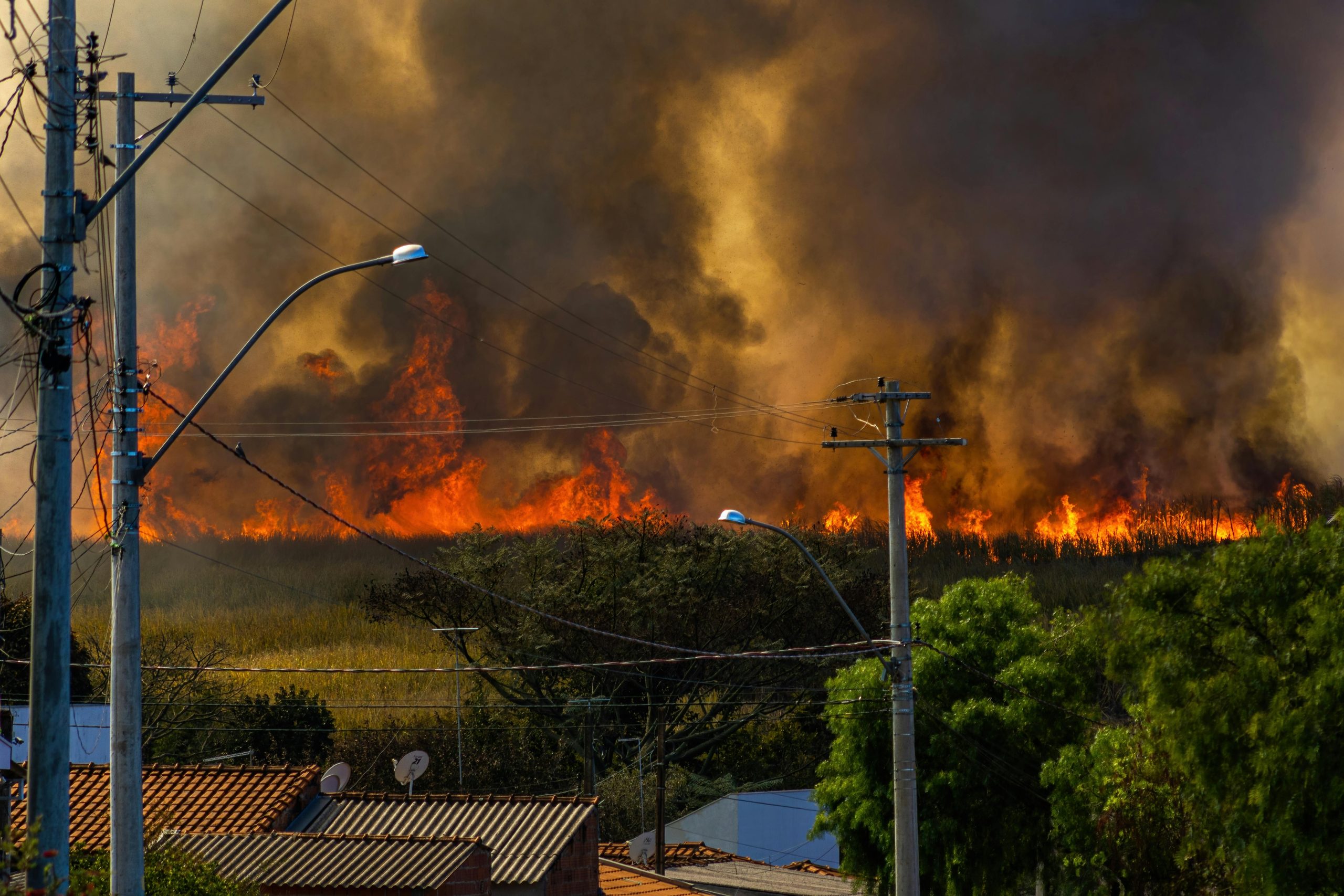Legal and Insurance Concerns After a Truck Accident: Navigating Uninsured and Underinsured Situations
When involved in a vehicular incident with a trucking company that appears to lack valid insurance coverage, the situation can quickly become complex and frustrating. Recently, one individual shared their experience following a minor highway collision caused by a truck merging improperly into their lane, leading to significant damages estimated at around $11,000.
The Incident and Initial Response
The at-fault truck driver provided their insurance details at the scene, and a photograph of these documents was taken for records. However, subsequent verification revealed that the insurance policy was terminated two months prior to the accident. Attempts to contact the driver’s manager resulted in evasive responses, with the individual being asked to call back when available, only to be ignored afterward.
Investigating the Company’s Insurance Status
A review of the trucking company’s registration on the Department of Transportation (DOT) website indicates that their only active policy is with Geico Marine—an insurance type typically unrelated to commercial trucking. Industry insights suggest that some trucking operators might intentionally maintain inactive or improper policies to meet regulatory requirements, thereby operating without sufficient coverage.
Further investigation shows that the company filed their MCS-150 form (a required safety compliance document) just three days post-accident, raising questions about their transparency concerning their insurance status.
Legal and Practical Considerations
Faced with an insurer that may not be covering the incident, the natural question is how to proceed. Is the company merely waiting for the situation to fade, or are there steps that should be taken proactively? Consulting a legal professional to understand the options—such as sending certified demand letters or pursuing litigation—might be advisable.
In this particular case, the claimant driver (the narrator’s father-in-law) holds full coverage, yet he was driving for Uber at the time of the accident, which complicates matters. His insurance may not be aware of his ride-sharing activities, or Uber might carry its own coverage. This ambiguity raises concerns about whether filing a claim with their insurance could jeopardize their coverage or lead to claim denial because of the Uber activity.
Additional Insurance Factors
It’s also worth considering whether the trucking company has additional, undisclosed insurance policies not visible through standard searches. Attempting to establish contact through persistent calls or formal correspondence can sometimes prompt more transparency. However, if the trucking company is uncooperative or is actively avoiding responsibility, engaging legal counsel or reporting the issue to relevant



